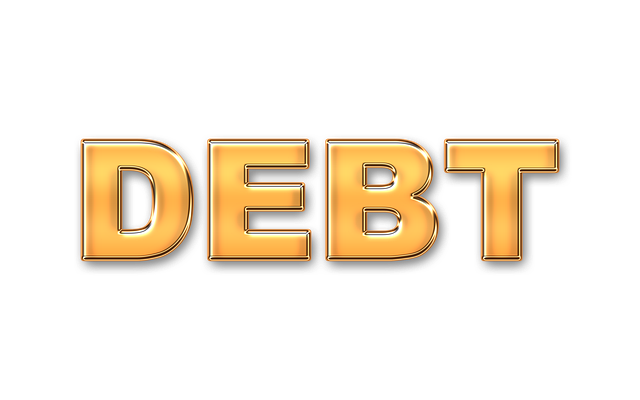Homeowner Consolidation Loans streamline debt management by combining multiple loans into one secured loan against a property, reducing interest rates and simplifying payments. This approach offers financial relief, frees up cash flow for other expenses, and improves credit scores over time with responsible borrowing. However, it requires careful consideration of interest rates, fees, prepayment penalties, equity impact, and changes to the credit score.
Unemployment can significantly strain financial health, leading many to explore debt consolidation options. This article delves into the challenges of job loss and rising debt, highlighting how Homeowner Consolidation Loans offer a potential solution for homeowners facing financial struggles. We’ll explore the benefits, process, and key considerations surrounding these loans, providing insights into managing debt effectively during difficult times. Understanding unemployment’s impact is the first step towards reclaiming financial control through Homeowner Consolidation Loans.
- Understanding Unemployment and Its Impact on Financial Health
- Debt Consolidation Loans: A Solution for Homeowners Facing Financial Struggles
- Navigating Homeowner Consolidation Loans: Benefits, Process, and Considerations
Understanding Unemployment and Its Impact on Financial Health
Debt Consolidation Loans: A Solution for Homeowners Facing Financial Struggles
For homeowners struggling with multiple debts, a Homeowner Consolidation Loan can offer much-needed relief. These loans allow borrowers to combine various high-interest debt into one manageable payment, simplifying their financial situation and potentially saving them money on interest charges. By consolidating credit card debt, personal loans, or even home equity lines of credit, homeowners can free up cash flow, making it easier to keep up with mortgage payments and other household expenses.
A Homeowner Consolidation Loan is particularly attractive because the loan amount is typically secured against the homeowner’s property, which lowers interest rates compared to unsecured personal loans. This makes it a powerful tool for those looking to escape the cycle of high-interest debt and regain control over their finances. With careful planning and responsible borrowing practices, this strategy can pave the way for financial stability and improved credit scores in the long term.
Navigating Homeowner Consolidation Loans: Benefits, Process, and Considerations
Navigating Homeowner Consolidation Loans offers a potential solution for individuals burdened by multiple debts, especially those tied to their properties. These loans allow homeowners to combine various high-interest obligations, such as credit card debt, personal loans, and even mortgages, into one manageable payment. The primary benefit lies in simplifying financial obligations, making it easier to budget and potentially reducing overall interest expenses over time.
The process involves several steps: assessing current debts, comparing loan offers from different lenders, evaluating repayment terms, and selecting the most suitable consolidation loan. It’s crucial to consider factors like interest rates, fees, and potential prepayment penalties. Additionally, understanding the effect of consolidation on equity and credit score is essential, as it may impact future borrowing capabilities.
Unemployment can significantly strain financial health, but understanding its impact and leveraging solutions like homeowner consolidation loans can provide a path to stability. Debt consolidation offers homeowners a way to manage multiple debts, reduce interest rates, and simplify payments. By navigating the benefits and considerations of these loans, individuals can take control of their finances and move towards a more secure future.
